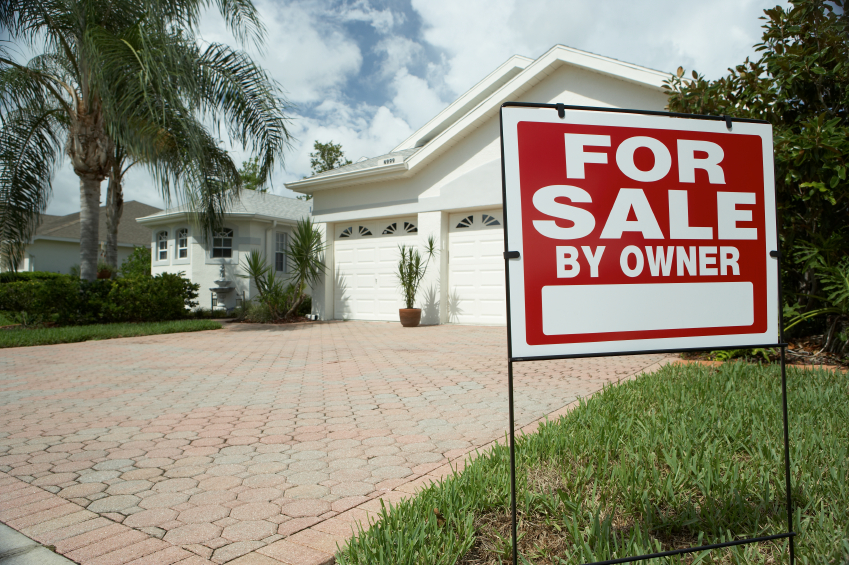READY, PRE-APPROVE, SEARCH, GO!!!
Renting a place to live may give you the freedom to move when you want and relieve you of the responsibilities of homeownership, but at some point, most people yearn for their own home. Buying a house is a good way to start building financial security. As you pay down the mortgage, you build up home equity, which is a valuable financial resource.
Mortgage rates are low right now, so if you think you’re ready to buy a home, it’s a good time to make the move.
Deciding whether to rent or buy a home is a major decision. How do you know you’re ready? Here are eight signs that you’re ready to make the switch from renter to homeowner.
1. You’re tired of rising rent prices.
Rental prices are on the rise nationwide, according to Apartment Guide, which tracks trends in the rental market. The average rent on a one-bedroom unit climbed 4.2 percent in 2018, to $1,140; two-bedroom units rose to $1,354 and studio apartments rose 5 percent to $1,065. Rising rent makes it harder to budget for monthly housing costs and to save for other financial goals. When paying rent begins to feel like a bad investment and you want to build equity for the future, it’s time to figure out what loan you qualify for.
2. Your credit score has improved.
Some renters are locked out of homeownership because they can’t qualify for a mortgage. A low credit score is a common reason why renters can’t make the leap to purchasing a home. A history of late payments and too much debt will hurt your score. One sign that you’re ready to buy a home is having a healthier credit score. Although borrowers with a credit score as low as 500 can qualify for some home loans, they will be required to make bigger down payments and pay higher mortgage rates. A good credit score gets you better interest rates and loan terms.
3. You’re good at managing debt.
Another thing lenders look at when screening mortgage applicants is their debt-to-income ratio, or DTI. This is a key metric that’s calculated by adding up all monthly debts, then dividing the sum by your gross monthly income. The higher your DTI ratio, the more risk you pose to a lender. Some conventional loans allow a DTI ratio of up to 50 percent, but many lenders prefer a ratio of no more than 43 percent. If you previously had a high DTI ratio and have since paid off some high balances, you’ll be in a stronger position to get a mortgage.
4. You have enough set aside for the extra costs of owning a home.
When a pipe bursts or the air conditioner goes out in a rental unit, you don’t have to worry about paying for it; that’s the landlord’s responsibility. When owning a home, those costs are your responsibility. If your income has risen or you’ve been able to set aside savings, you might realize you have enough extra money to handle the added expenses of homeownership.
5. You can afford the down payment and closing costs.
The down payment requirement depends on the type of home loan you get. For conventional loans, 20 percent down is usually required if you want to avoid paying private mortgage insurance, or PMI, but lower down is available with PMI available. Some mortgages insured by the Federal Housing Administration, known as FHA loans, require just 3.5 percent down. Fannie Mae and Freddie Mac back some mortgage products that require just 3 percent down; and loans guaranteed by the U.S. Department of Veterans Affairs and the U.S. Department of Agriculture (USDA) require no down payment.
6. You’re ready to settle down in one place.
Buying a home involves upfront costs that can take a few years to recoup, so if you anticipate moving before you can recover those costs, homeownership might not be right for you. No one works at the same company for decades anymore, but a renter who is ready to buy a house should have job security. A stable job means stable income, which lowers the risk that you will stop making your mortgage payments and default on the loan.
7. You’re going through a major life change.
Many renters decide to purchase a home after a major life event, such as getting married. Marriage, a growing family, a new job and children leaving the nest are catalysts for people to buy a home.
8. You know what you want.
It’s smart to have a good idea of the area or neighborhood you want to live in and the type of home you want before you begin your quest. Houses, townhouses, condos, co-ops, duplexes—there are lots of options out there and each one has its own considerations for costs, upkeep and personal enjoyment. Determine what you need and what is most important to you. Is it being near a good school or within walking distance of your job? Do you mind navigating stairs or having neighbors live above you? Do you want lots of amenities?
Ready to Leave Renting Behind? Here’s What to Do Next
Before you start looking at homes for sale, shop around, get pre-approved for a mortgage with Green Isle so we can set our sights on the right, affordable properties that meet all of your criteria for you and your Family. We can also discuss what loan is right for you at this point in your life. We can look at conventional loans of 15 or 30 years, VA loans with zero down, FHA loans with 3.5% down payment, etc.

#rentvsbuy #Itsyourmove #house #realtor #home #realestate #broker #greenislepropertiesblog


